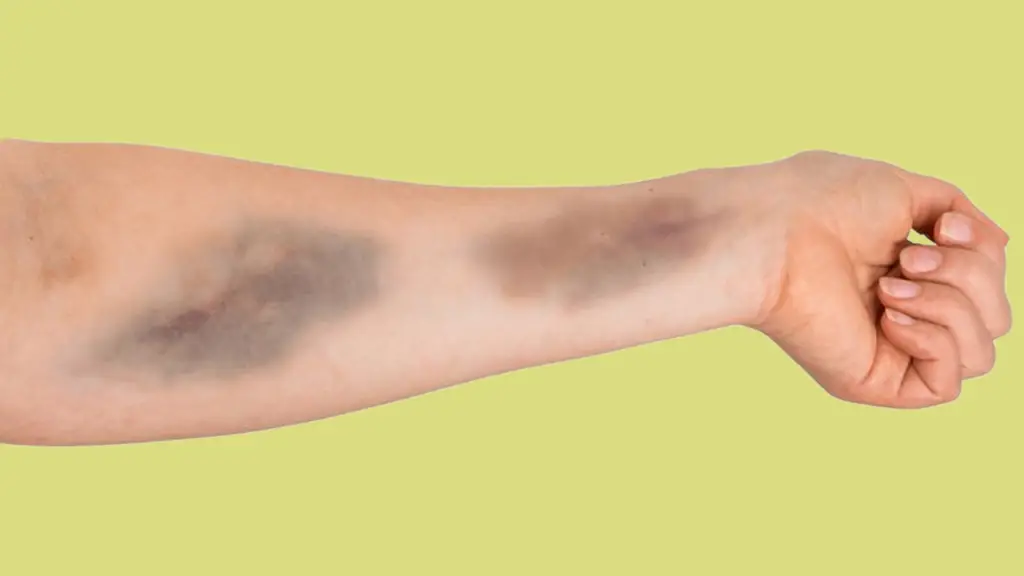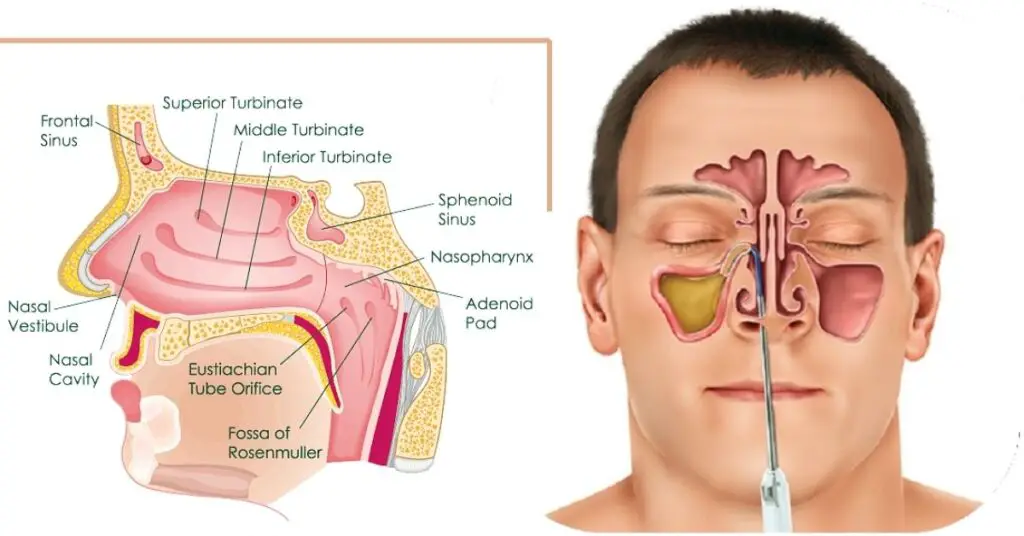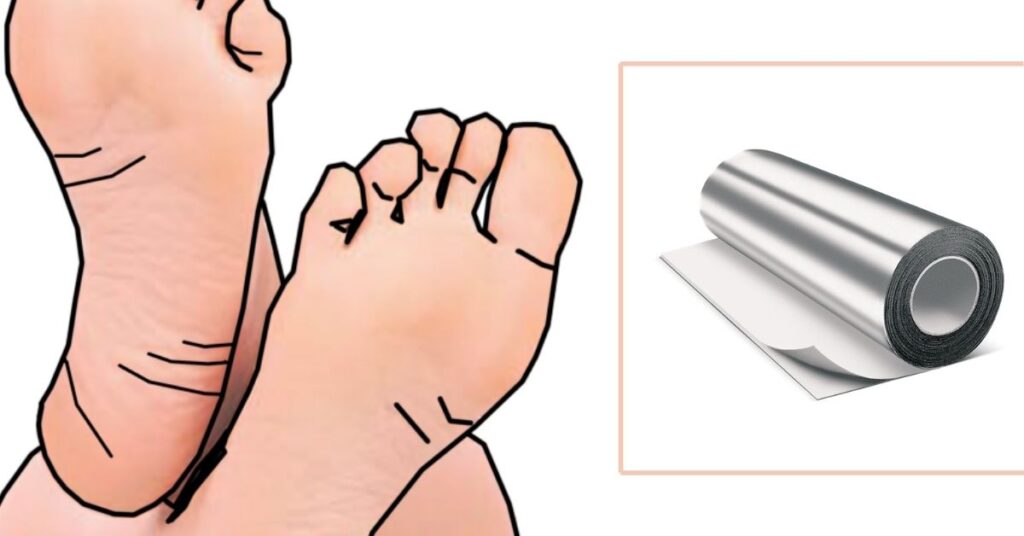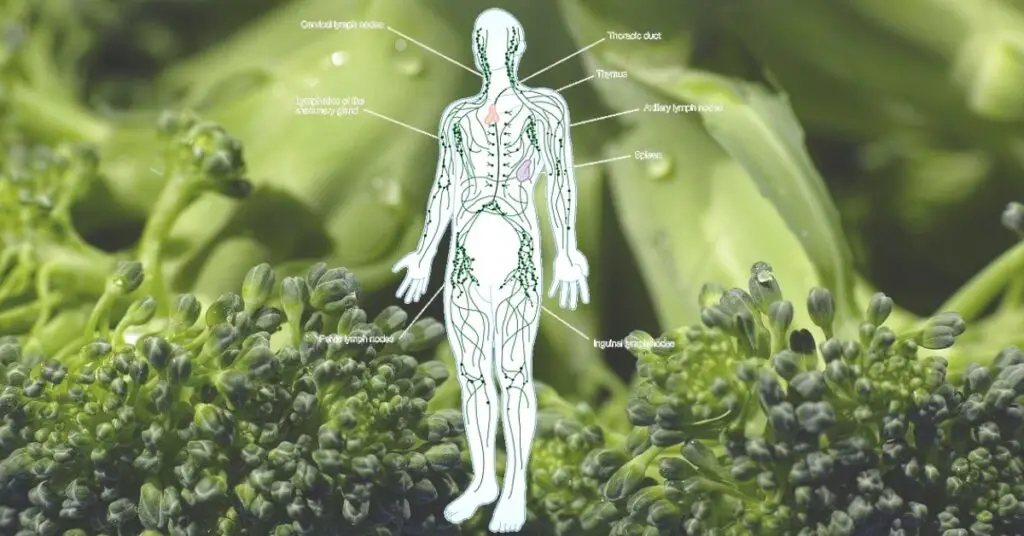Do you often feel run down and tired? Are you getting sick more often than usual? If so, you may be low on Vitamin C. Vitamin C is an essential nutrient that plays a role in many bodily functions. Without enough Vitamin C, your body can’t fight off infection or heal properly. In this blog post, we will discuss the early warning signs of Vitamin C deficiency and what to do about it!
Your Gums Will Begin to Swell and Bleed
Vitamin C is an important nutrient that helps to keep our gums healthy. It helps to promote collagen production and assists in the repair of connective tissue. Vitamin C deficiency can cause our gums to swell and bleed, as well as making them more susceptible to infection.
The symptoms of vitamin C deficiency are often mistaken for other gum diseases, so it is important to see a dentist if you think you may be deficient. In addition to oral supplements, you can increase your vitamin C intake by eating more citrus fruits and leafy green vegetables. With a little effort, you can ensure that your gums stay healthy and strong.
Weight Gains That Cannot Be Explained
Unexplained weight gain can be frustrating and even worrisome. You might feel like you are doing everything right, but the scale just keeps going up. While there are many possible explanations for unexplained weight gain, one often-overlooked culprit is vitamin C deficiency.
Vitamin C is essential for many bodily processes, including the synthesis of collagen and the absorption of iron. It also plays a role in metabolism, helping to convert fat into energy. A vitamin C deficiency can therefore lead to weight gain by preventing the body from properly breaking down and using stored fat. If you are struggling to explain a recent weight gain, it may be worth considering whether you are getting enough vitamin C.
You Are Frequently Getting Nosebleeds
Getting a nosebleed once in a while is no big deal, but if you find yourself getting them regularly, it could be a sign of a vitamin C deficiency. Vitamin C is an important nutrient that helps to keep the skin and blood vessels healthy. Without enough vitamin C, the blood vessels can become weak, which can lead to nosebleeds.
In addition to nosebleeds, a vitamin C deficiency can also cause fatigue, muscle weakness, and joint pain. If you think you might be deficient in vitamin C, talk to your doctor about taking supplements or eating foods that are rich in this nutrient, such as oranges, tomatoes, and leafy green vegetables.
You Typically Get Bruises Easily
A bruise is caused when blood vessels rupture and leak blood into the tissues beneath the skin. As I mentioned before, Vitamin C plays an important role in the production of collagen, a protein that helps to hold the blood vessels in place.
A lack of vitamin C can therefore lead to increased bruising. While many factors can contribute to easy bruising, including thin skin and a lack of fat padding, a vitamin C deficiency is one possible cause. If you bruise easily, talk to your doctor about whether supplementing with vitamin C might help to improve your condition.
Your Joints Swell and Cause Pain
Vitamin C is an essential nutrient that helps to keep our joints healthy and pain-free. Unfortunately, many people don’t get enough vitamin C in their diet, and this can lead to joint pain and swelling. Vitamin C helps to maintain the structure of our joints by keeping the connective tissue strong and elastic.
Without enough vitamin C, the connective tissue begins to break down, causing pain and swelling. In addition, vitamin C helps our bodies to absorb calcium, which is essential for healthy bones and joints. So, if you’re experiencing joint pain or swelling, it may be due to a lack of vitamin C in your diet.
Anemia with Persistent Iron Deficiency
Persistent iron deficiency anemia can be caused by a vitamin C deficiency. Vitamin C is essential for the absorption of iron, and without it, the body cannot make enough hemoglobin to transport oxygen effectively. Iron deficiency anemia can cause fatigue, pale skin, shortness of breath, and other symptoms.
You Are In a Bad Mood Very Often
You may not realize it, but if you’re in a bad mood very often, it could be because of vitamin C deficiency. Vitamin C is a vital nutrient that helps the body to function properly. Luckily, vitamin C is found in many foods, so increasing your intake should be fairly easy. Try adding citrus fruits to your diet or taking a supplement if you think you might be deficient.
Your Hair Becomes Dry and Damaged
Your hair is an important part of your appearance, and it can be a real drag when it becomes dry and damaged. There are a number of reasons why this might happen, but one of the most common is vitamin C deficiency.
Vitamin C is essential to keep your hair strong and healthy. Without enough vitamin C, collagen production slows down and the hair follicles become damaged. This can lead to dryness, breakage, and eventually hair loss.
Your Skin Becomes Rough, Dry, and Red
The surface of your skin is covered with a layer of dead cells. Underneath this layer, new cells are constantly being generated. Vitamin C plays an important role in the production of new cells, and it also helps to protect existing cells from damage.
As a result, a deficiency of vitamin C can lead to a number of skin problems, including roughness, dryness, and redness. In severe cases, vitamin C deficiency can even lead to the formation of open sores. If you are experiencing any of these symptoms, it is important to see a doctor as soon as possible. A simple blood test can determine whether you have a vitamin C deficiency, and supplements can quickly correct the problem.
It Takes Time for Wounds To Heal
The body needs vitamins and minerals to function properly. One of the most important vitamins for wound healing is vitamin C. Vitamin C helps the body make collagen, a protein that is essential for wound healing. Collagen is a major component of skin, tendons, and ligaments. It gives these tissues their strength and elasticity. without enough vitamin C, the body can’t make enough collagen, and wounds will heal more slowly.
Vitamin C also helps the body absorb iron, which is necessary for making red blood cells. Red blood cells carry oxygen to the tissues, including the wounds. Without enough oxygen, wounds will heal more slowly. Vitamin C deficiency can therefore delay wound healing.
Your Immune System’s Function Is Weakened
A vitamin C deficiency can have a serious impact on your health. Vitamin C is an essential nutrient that helps to boost the immune system and protect the body against infection. However, if you don’t get enough vitamin C, your immune system will be weaker and you’ll be more likely to get sick.
In short, the article explains that there are the most common early warning signs that you may be low on Vitamin C. These signs can include joint pain, anemia, a bad mood, dry and damaged hair, rough and red skin, and a weakened immune system. Vitamin C is essential for many functions in the body, so it’s important to make sure you’re getting enough of it. You can get Vitamin C from many foods, including citrus fruits and supplements. If you think you may be deficient, see a doctor for a blood test to be sure. Thanks for reading! I hope this was helpful.







